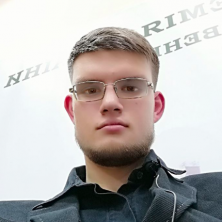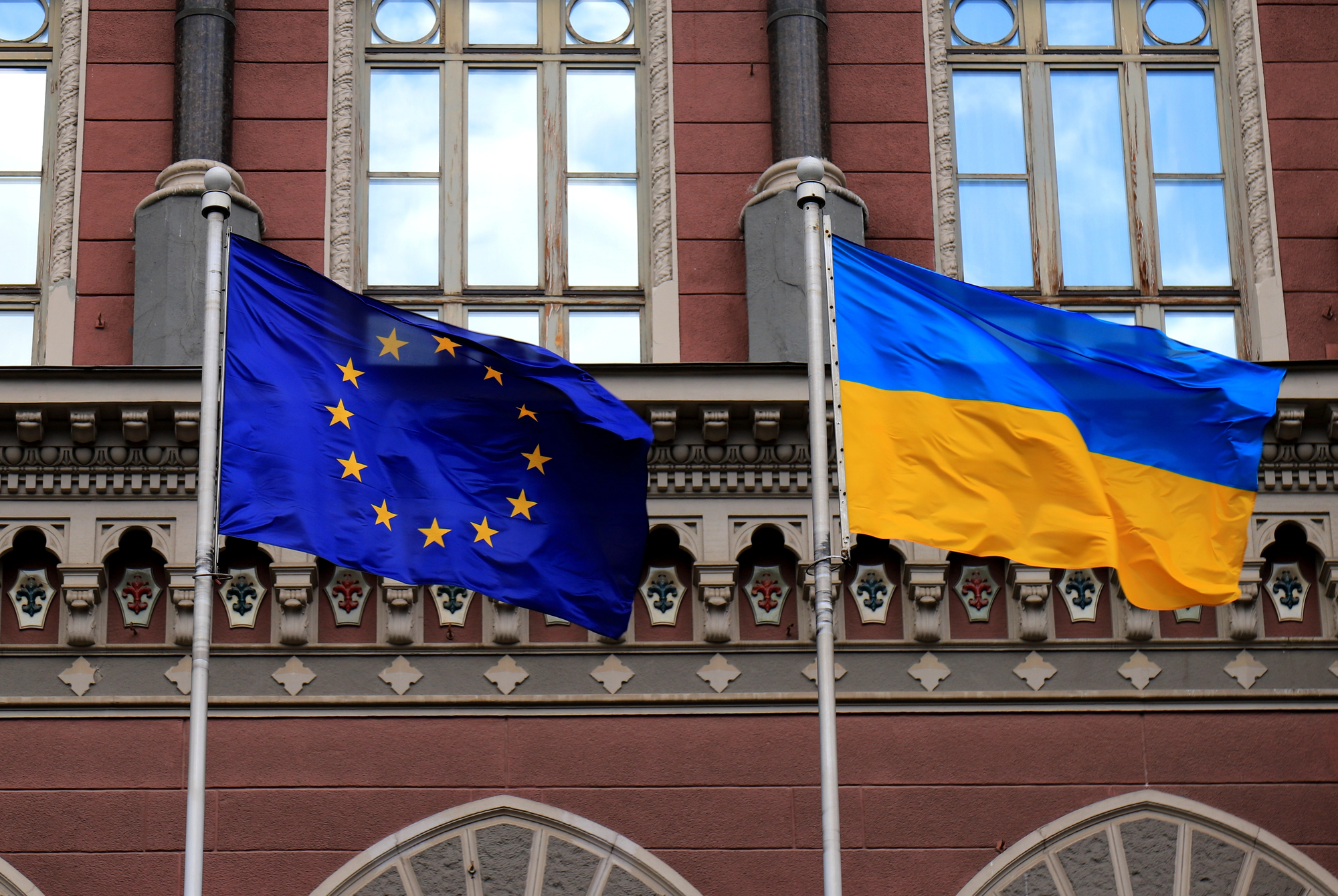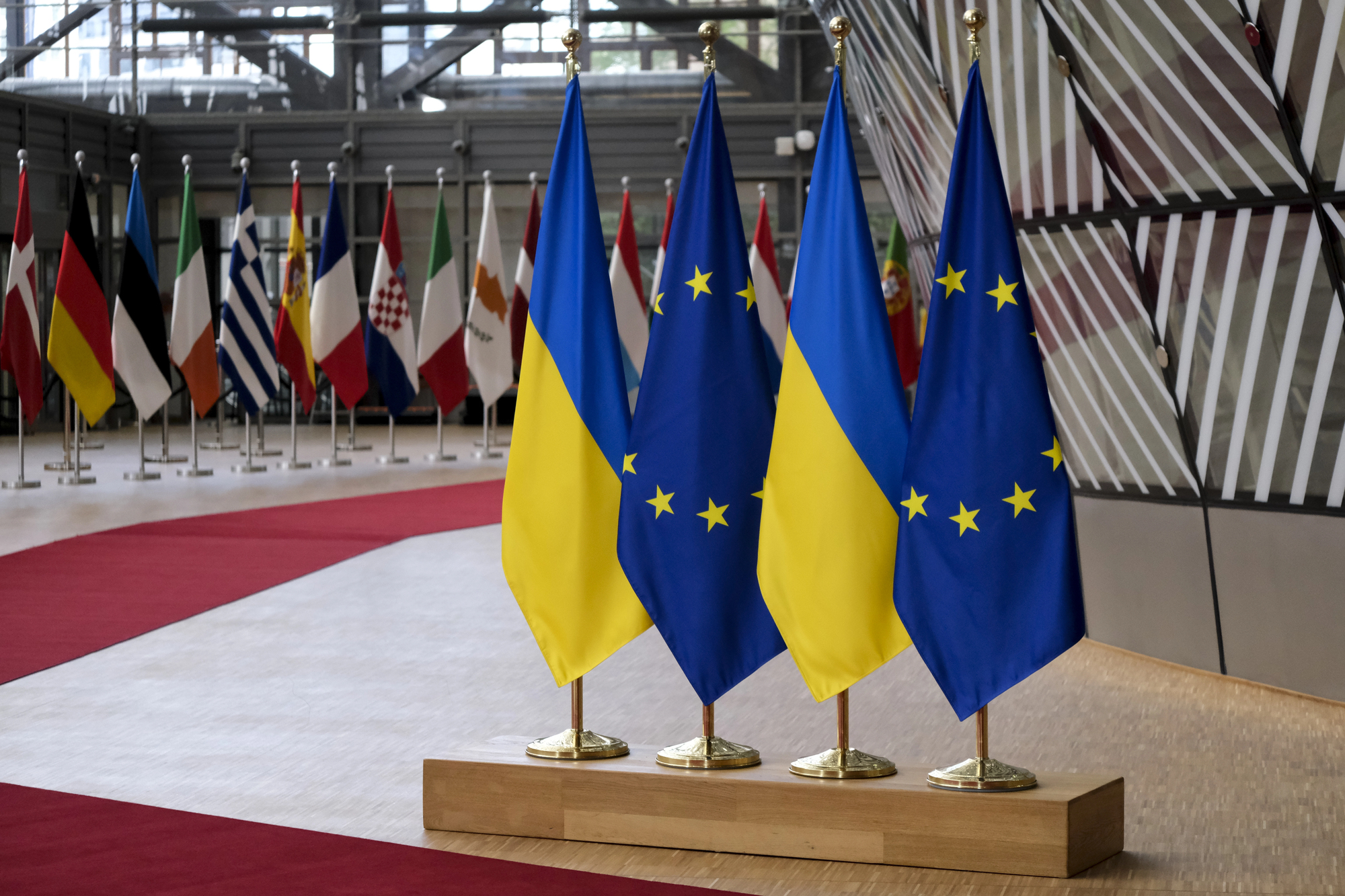In terms of economic development, Ukraine is among the outsiders in the post-Soviet space, although from the standpoint of democratic development, we have gone further than many of our neighbors. Researchers determine the reasons for this in different ways. Someone emphasize the unsuitability of the form of political organization of Ukraine for successful modernization, someone – the problems with the political culture of the population. In this article, we show that one of the main reasons for the weak development of post-Soviet countries is the lack of timely lustration of the Soviet elite.
What is lustration? According to the norms of influential international organizations, lustration is an administrative measure aimed like “excluding persons from exercising governmental power if they cannot be trusted to exercise it in compliance with democratic principles, as they have shown no commitment to or belief in them in the past and have no interest or motivation to make the transition to them now” [p. 11]. A similar definition of the essence of lustration in Ukrainian legislation: “established by this Law or a court decision prohibits [a] individuals to hold certain positions […] in public authorities and local governments”[Art. 3].
Theoretical basis of lustration processes
To understand the threat posed by a non-renewed elite, it is necessary to consider the essence of organized groups of influence. Mansour Olson in The Logic of Collective Action and Power and Prosperity shows that privileged and organized small groups win over large ones because the former are organized and active and the latter are not.Small organized groups are groups with a narrow economic interest, the satisfaction of which often does not coincide or even contradicts the satisfaction of the interests of most members of society.
In authoritarian societies, where, unlike democracies, the legal action of influential groups is not allowed, it becomes hidden. It is not difficult to organize such action, because none of the autocrats has absolute control over society and is forced to rely on local authorities. Representatives of latter abuse their powers and create shady agreements to pursue their interests taking advantage of the secrecy of the political order. In Soviet-type autocracies, this process acquired a special scale. After all, the secrecy of the regime and the powers acquired by the authorities there were extremely high. Due to the fact that none of the government officials and the population had material support (except for basic necessities), the nomenklatura used party-state resources to acquire material goods. But they did it recklessly, because the preservation of state property lies in the sphere of public interest, which under Soviet rule were closed to the understanding of individuals [p. 112].
Therefore, at the end of its existence, the Soviet system was naturally affected by the activities of small influential groups of the party nomenklatura at all levels. There was no room even for attempts, in Olson’s words, to create “large groups (such as independent unions) that could weaken the power of the top leadership”[p. 112].
Therefore, in the absence of opposition from such alternative groups, small organized groups gained maximum influence and were able to direct resources to their advantage without worrying about common development and interests. This gave rise to significant corruption and led to the emergence of entire sectors of the economy, which were held at the expense of rationally incomprehensible permits and overfunding at the expense of other sectors. The latter flourished especially in the USSR during the reign of Brezhnev (1964-1982). In general, this undermined the Soviet command-and-control system and led to the resumption of competitive relations between private economic players in the former Soviet countries.
According to Mansour Olson, “a rational planned economy, like a competitive market, would not support state-owned enterprises operating under the sclerosis of late communism, so the issue of private and public administration does not reflect the essence of the matter. The central problem is the conflict between the parasitic and private sectors “[p. 126-127]. The issue of conspiratorial groups is not in the space of the economy, but in networks of power relations.
Changing the format of economic relations does not make sense if the representatives of the old organized groups are not removed from power and continue to use the economy to meet narrow interests to the detriment of society. They will promote reforms to the limits of their own benefit, without being interested in spreading them to a wide range of citizens.
Lustration in the countries of the “socialist camp”
We see examples of what is described everywhere in the post-Soviet space, and in Ukraine as well. Such an example is the history of the Donetsk Clan, a typical group with narrow interests. This association arose according to a banal scheme. Its founder, an influential member of the CPSU in the Donbass, Yuhym Zvyagilsky, was acting prime minister in 1993-1994 (his government consisted mainly of former nomenklatura members — at least 20 of the 39 members of the government appointed during his tenure, there is available information about membership in the CPSU). In office Zvyagilsky distinguished himself by embezzling state funds, but did not suffer punishment. That is because a number of people from the top leadership of Ukraine held significant positions in the CPSU and they weren’t interested in prosecuting their fellow party member for illegal actions.
The same can be said about the odious President Viktor Yanukovych. The latter actor gained political weight in Ukraine through ties with his former party members from the CPSU despite his criminal past. They also helped new members of the Donetsk clan, such as Rinat Akhmetov, get back on their feet. The latter actor accumulated wealth not because of productive entrepreneurial activity, but because of shady agreements with representatives of influential groups. He did so in the 1990s, when his real estate transactions were covered by a former Soviet military [p. 387], Lieutenant General Malishev. This has been the case recently, forcing Ukrainian citizens to overpay for the supply of coal at the Rotterdam + price, which was formed due to the influence on President Poroshenko’s energy policy.
Why, against the background of legal weakness and economic inefficiency of the former Soviet Union, do most Eastern European countries develop successfully? In most countries of the former USSR after the collapse of the first, even the highest government positions were elected by representatives of the nomenklatura — Kravchuk, Yeltsin, Shevardnadze, Niyazov and others. Their actions in power have undermined the prospects for law enforcement and dynamic economic development. At the same time, in the countries of Eastern Europe and the Baltics, representatives of the Soviet elite at all political levels were removed from power in time. Lustration measures were adopted in Germany in the GDR, the Czech Republic, Poland, Hungary, Latvia, Lithuania, Estonia, and Albania.
Most of the Eastern European countries that have resorted to lustration are now countries with developed economies and respect for the rule of law.
In the list of countries with a nominal GDP per capita, small, resource-poor Estonia, the Czech Republic, Latvia, and Lithuania are in 37th, 38th, 42nd, and 44th places. Whereas countries with huge resources, such as Russia, Kazakhstan and Turkmenistan, where the positions of power have been secured by the nomenklatura [1- p. 270, 2 — p. 105], are in 60, 77 and 78 places. The latter countries are also at the bottom of the ranking of countries according to the Corruption Perceptions Index — at 123, 136 and 158 steps. While the same Estonia, the Czech Republic, Latvia and Lithuania occupy 20, 39, 43 and 37 places.
Theoretical and empirical substantiation of the connection between economic success and lustration is provided by a number of political and economic studies authored not only by Mansour Olson, but also by Joel S. Gellman [p. 27-28], Jan Fidrmuk separately [p. 27] and in collaboration with Lazlo Brusc [p. 2], Lucan Wey and Adam Casey, and others. VoxUkraine once wrote that “the renewal of the political elite has become a key factor in the success of post-Soviet countries.”
Although the institution of lustration is relatively new, the practice of neighboring states has defined the legal framework for the legitimacy of this process. Thus, paragraph 11 of PACE Resolution 1096 (1996) states that for persons who “have not committed any crimes […], but still held high positions in the former totalitarian communist regimes and supported them,”states may resort to such measures such as lustration or decommunization. In this case, these measures must be compatible with the democratic state and the rule of law. In particular, the state must guarantee the individual (rather than collective) application of lustration laws and respect for the right to a fair trial, and not use lustration laws as a tool of punishment. These principles have been further developed in the cases of the European Court of Human Rights (ECtHR). Accordingly, in the above-mentioned states, lustration took place in a legal manner with the possibility of appealing against decisions in court and the Constitutional Court reviewing the provisions of relevant laws, such as in Poland, the Czech Republic and Latvia. Thus, the international community recognizes the institute of lustration as a justifiable instrument in transitional justice states.
Inefficiency of late lustration
Late application of lustration, as in Macedonia in 2008 or in Ukraine after 2014 provides inefficient or incomparably less effective results.
First, lustration does not achieve its goal — to preserve the development of democratic principles based on the rule of law and the dynamic economic development of the country after the fall of the Soviet regime from the representatives of this regime, when these developments and development are just unfolding. When representatives of this regime remained in power and some of them have already caused the main damage to the development of a new democratic order, lustration can’t eliminate the causes of this damage. In fact, it is struggling with its consequences, for which it is not intended as a priority. And even if the lustration removes some members of the Soviet regime who are still in power, their numbers will be much smaller than those who did the damage from the beginning. Consequently, the effectiveness of such dismissals will be low.
Thus, according to the Law of Ukraine “On Purification of Power”from 2014, only 889 people were finally released. And the number of released persons includes not only representatives of the criminal Soviet regime, but also persons who were involved in corruption schemes after the collapse of the USSR (compare with 42,046 thousand lustrated only in the first position in the GDR [p. 62]).
Secondly, lustration in this order is not legal. In particular, the Venice Commission notes that: “the means of lustration is temporary, and the objective need to restrict human rights as a result of this procedure decreases over time” [p. 70]. The typical lustration period is no more than 5 years after the fall of the Soviet regime in the country [g]. Sometimes it can be longer, up to 10 years, as in Latvia, for justifying the need for such action by the country’s authorities, the possibility of which is not denied by the Venice Commission [p. 15; §76]. In cases of lustration of certain persons after 10 years or without proper justification, international law enforcement agencies sided with them.
As the Venice Commission pointed out (and later agreed to by the ECtHR): seems contradictory. It is possible that some members of the communist regime still pose a threat to the democratic regime in Ukraine. However, this should not be expressed simply on the basis of the position they held before 1991. Their behavior and activities in the period after this date should also be taken into account”[p. 70; also 108, 291-298]. In particular, on these grounds (the remoteness of lustration in Ukraine at the time of the fall of the Soviet regime and the lack of additional explanations about the need for such lustration), the ECtHR upheld the action “Fields and Others v. Ukraine”. And the actions against SI Bondarenko, who in 1990-1991 held the position of secretary of the district committee of the Communist Party in the USSR, were called “demonstrated total disregard for his rights“[p. 322]. A similar decision was made earlier by the ECtHR regarding lustration in Macedonia in the case of Ivanovski v. The Former Yugoslav Republic of Macedonia. The Court noted that “The Lustration Act was adopted approximately sixteen years after the respondent State adopted its democratic Constitution. Although the mere fact of the late adoption of this law is not decisive, it may nevertheless matter [given] that any threat that may have been posed by lustrators to the newly established democracy should have been significantly reduced. over time “[p. 180].
Conclusion
Lustration was a key factor in the success of post-Soviet economies with high economic development and respect for the law. Post-Soviet countries, where lustration was not carried out in time, are now mostly underdeveloped economically and they can’t be called fully democratic. Untimely lustration, as in Macedonia or Ukraine, did not achieve its goal and at the same time was recognized as illegal by international institutions. Therefore, for states that conduct lustration after the fall of the Soviet or other criminal regime, it is important to make efforts to providing timneous carrying out of lustration and corresponding of its legal basis with international law.
Attention
The authors do not work for, consult to, own shares in or receive funding from any company or organization that would benefit from this article, and have no relevant affiliations



